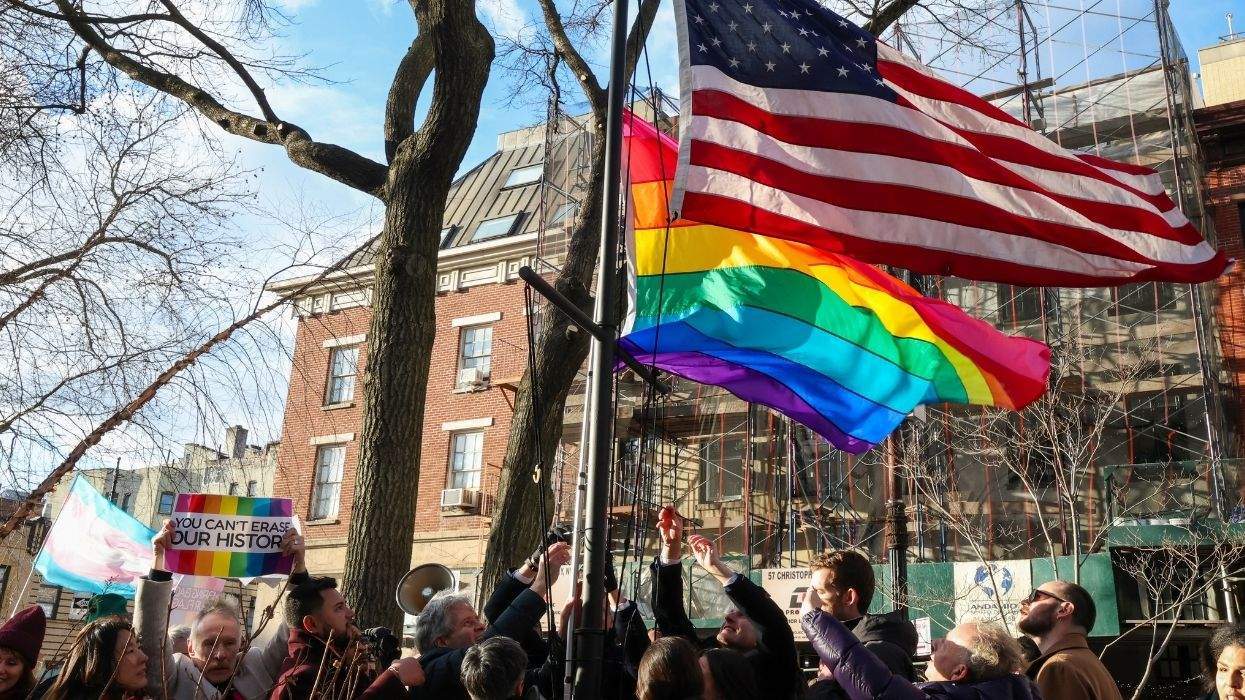Transgender Americans are a robust voting demographic — but a large group of them could face disenfranchisement this November due to voter identification laws.
Approximately 825,100 transgender adults in the United States will be eligible to vote in the 2024 elections, according to a new report from the Williams Institute, and an estimated 43 percent (276,500) to not have the proper identification documents that correctly reflect their name or gender. Therefore, this group "may face barriers to voting in person" due to a "mismatch with their information as listed on voter registration rolls" or "because of voter ID laws."
"Transgender people face unique obstacles to obtaining identity documents (IDs) that match their gender identity," the report explains. "Identity documents that do not match one’s gender, such as a person’s name or gender marker, create obstacles to participating in many facets of public life, including voting."
About 433,200 voting-eligible transgender people live in 33 states that have a voter ID law. Nearly half of them (210,800) do not have an ID that correctly reflects their name and/or gender. Of those in states with voter ID requirements, 91,300 live in the states with the "strictest voter ID laws," which the report classifies as "photo ID required with few or no alternatives available."
Transgender people of color — particularly Black and Indigenous individuals — young adults, students, people with low incomes, people experiencing homelessness, and people with disabilities are "overrepresented" among the over 210,800 eligible trans voters who may face barriers to voting due to voter ID laws this year.
Report co-author Jody L. Herman, Senior Scholar of Public Policy at the Williams Institute, said that in order to "improve voting access for transgender individuals," states must begin by "revising voter ID laws, simplifying and making the process of obtaining accurate IDs more affordable, providing training for poll workers, and reducing overall barriers to voting.”
“Voter ID laws can create a unique barrier to voting for a substantial number of transgender people, which is particularly impactful in elections decided by a small number of votes,” Herman said.
















Charlie Kirk DID say stoning gay people was the 'perfect law' — and these other heinous quotes
These are some of his worst comments about LGBTQ+ people made by Charlie Kirk.